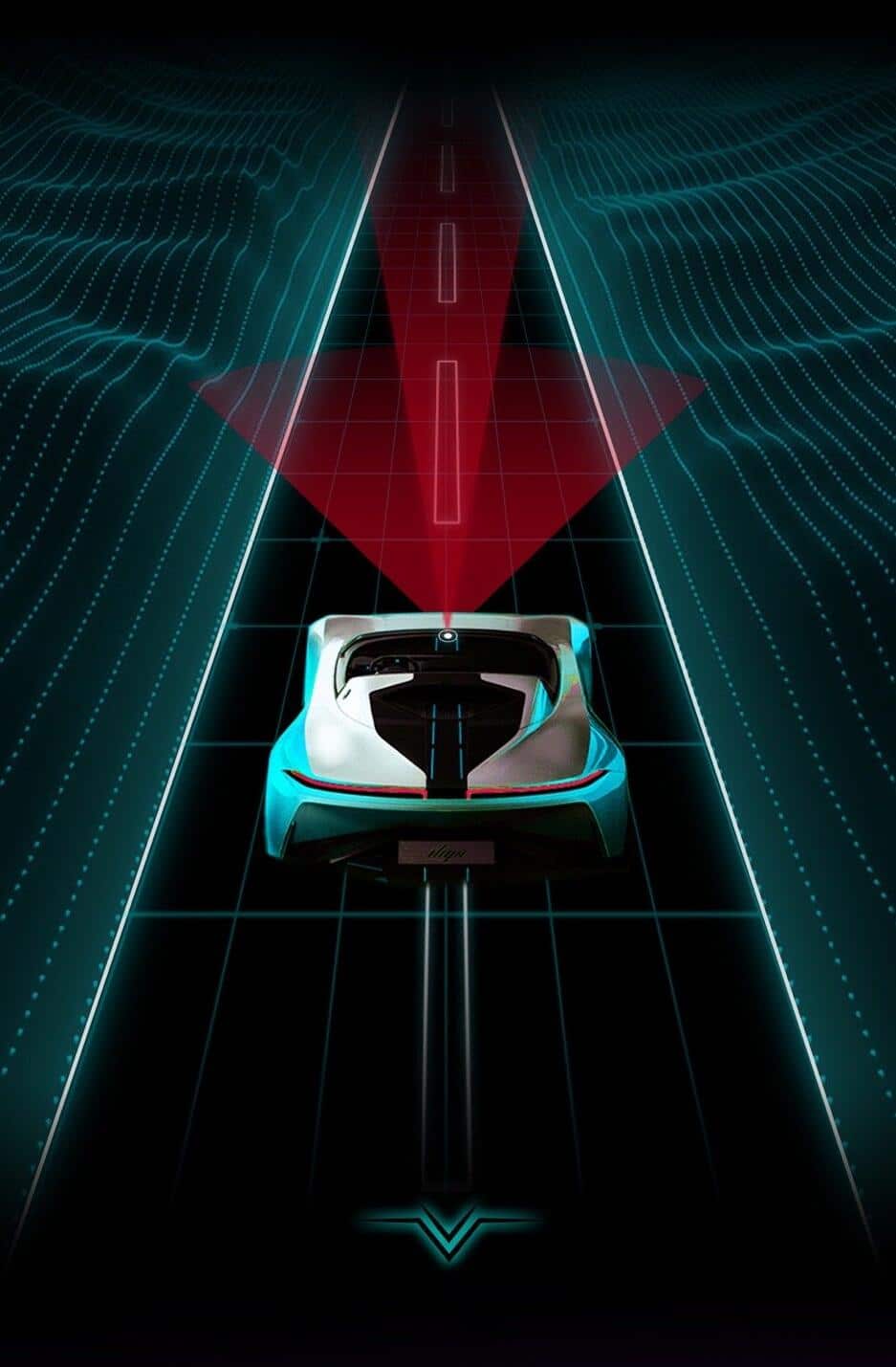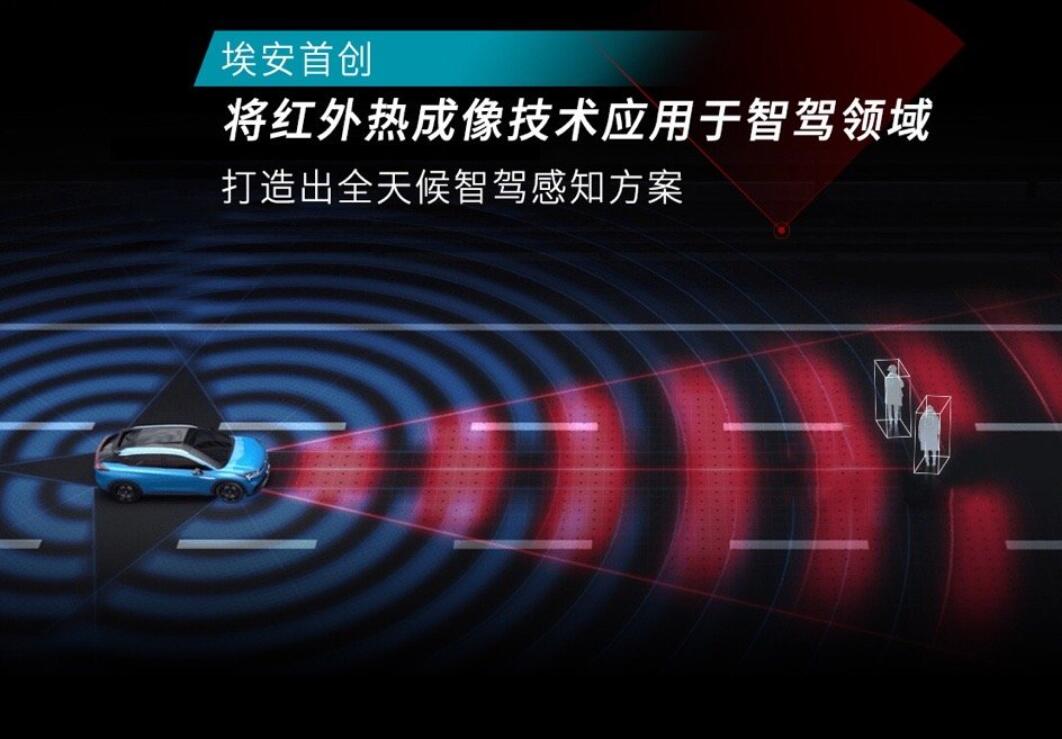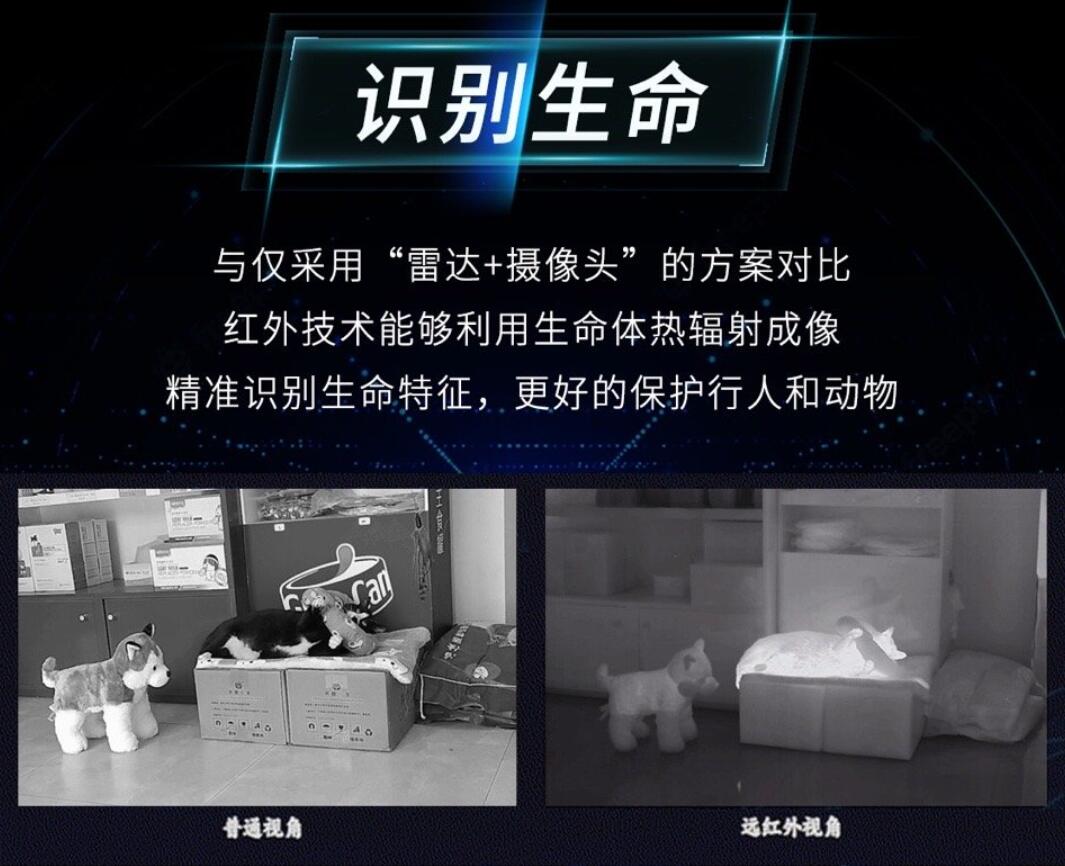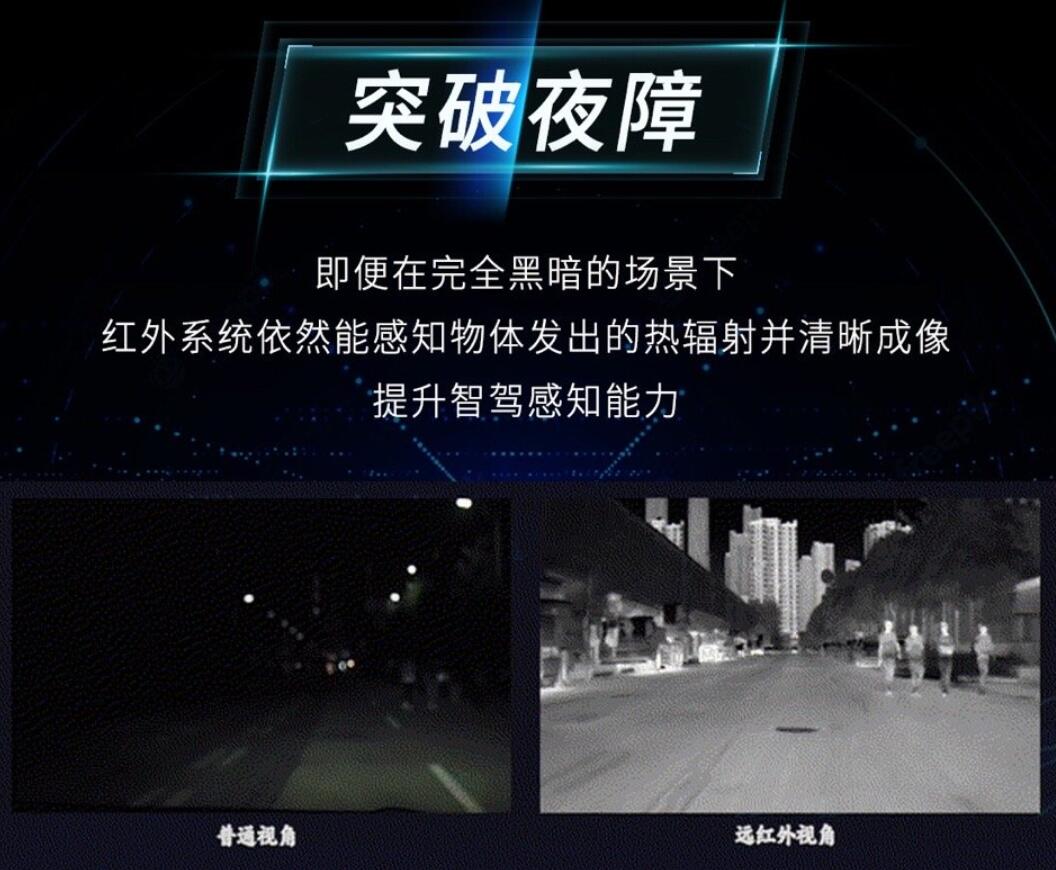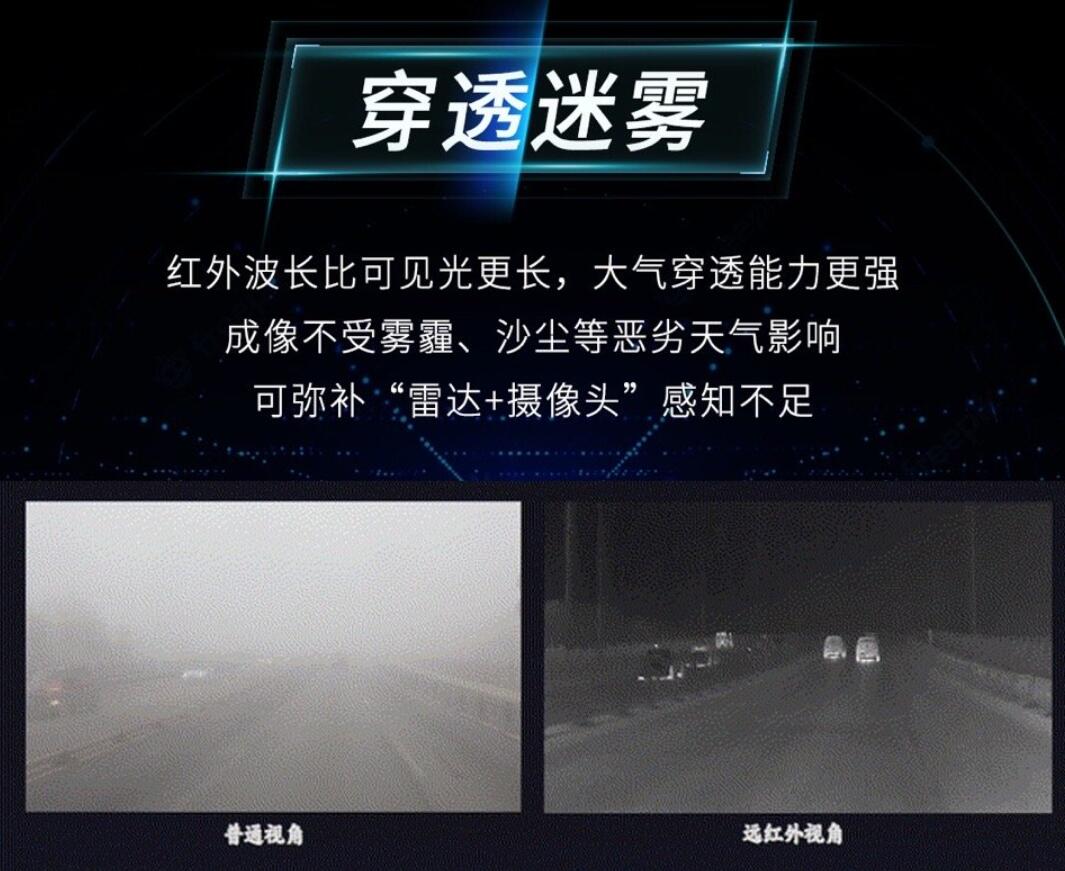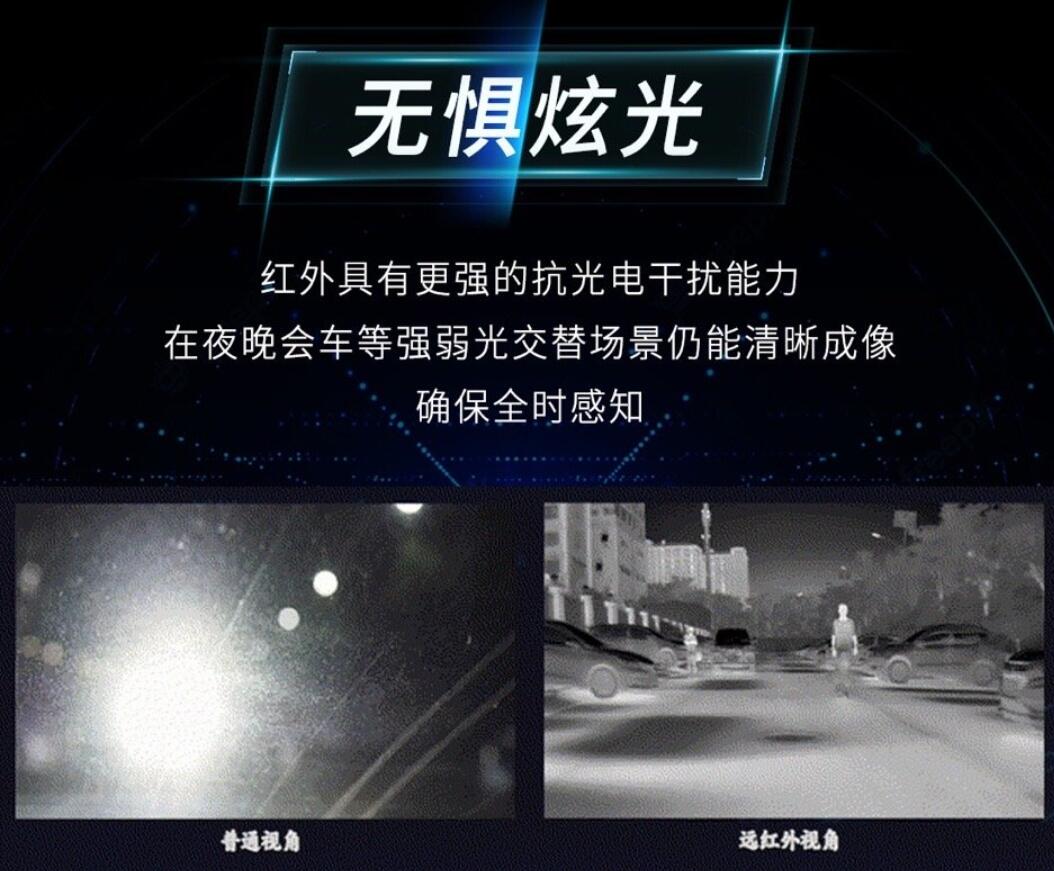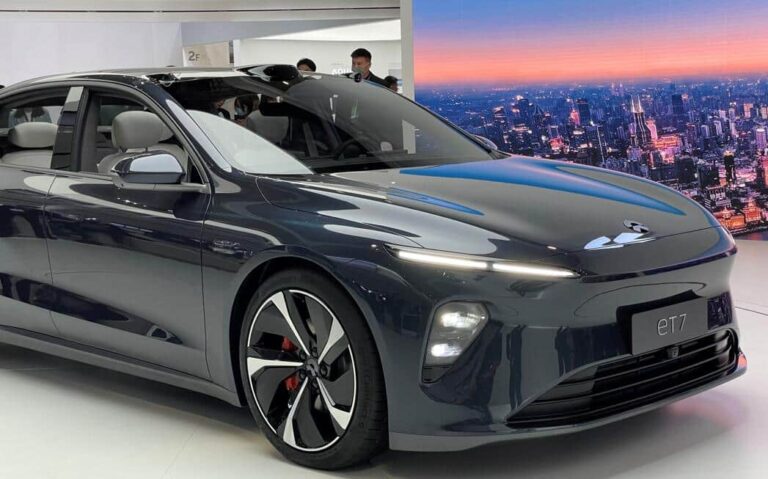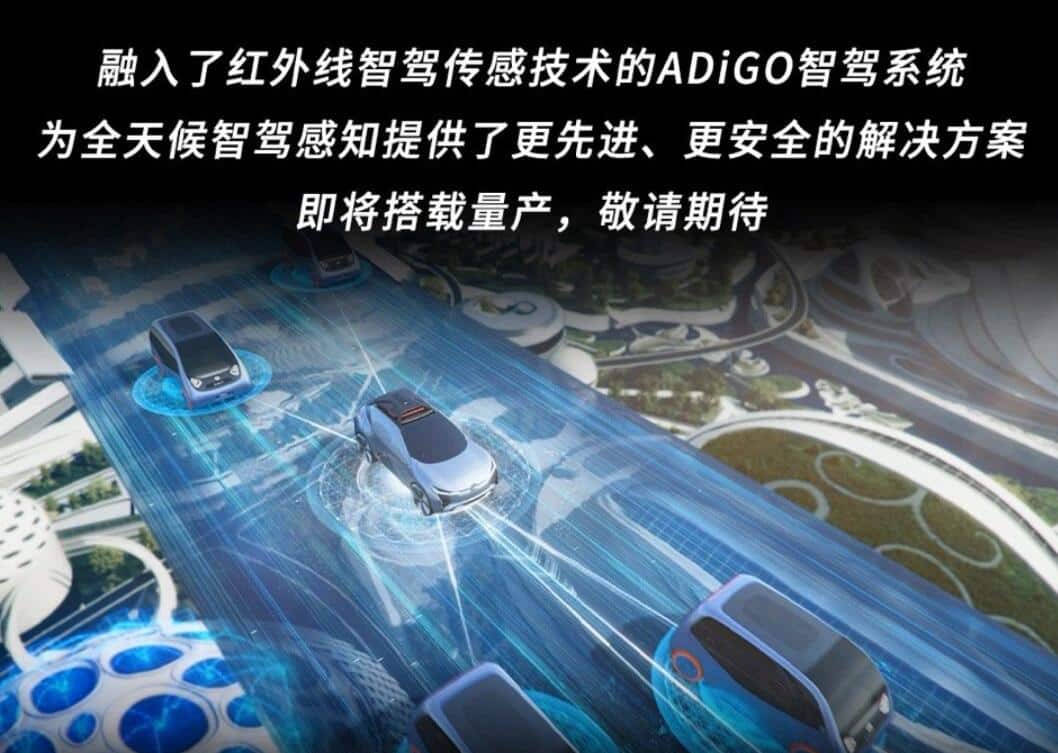GAC Aion is using infrared sensing technology in its smart driving system, and will soon be using it in production vehicles.
In the exploration of smart driving technology, car companies are currently using "camera" and "camera + LiDAR" solutions when it comes to making vehicles sense the outside environment.
Tesla is the leading proponent of pure vision solutions using cameras, while a large number of Chinese electric vehicle (EV) companies including Nio and Xpeng Motors have adopted "camera + LiDAR" solutions.
At a time when innovation in the industry is rapidly emerging, one Chinese EV company is proposing a completely different third route - infrared technology.
Gu Huinan, general manager of GAC Aion, GAC's new energy vehicle (NEV) subsidiary, said at the China EV100 forum earlier this week that the company will create an all-weather sensing solution through its world-first infrared smart driving sensing technology.
In today's release, GAC Aion provides more details about the technology and said it will soon be used in production vehicles.
(Image credit: GAC Aion)
GAC Aion's assisted driving system, ADiGO, is like getting rattlesnake eyes when it uses infrared technology, the company said.
GAC Aion describes it as such because infrared thermal imaging technology is derived from rattlesnakes, which can detect heat sources around them to pinpoint and capture prey. Infrared technology is now widely used in aerospace, military and other fields.
GAC Aion applies infrared thermal imaging technology to the field of intelligent driving to create an all-weather intelligent driving sensing solution, it said.
Compared to "radar + camera" solutions, infrared technology can use thermal radiation imaging of living organisms to accurately identify life characteristics and better protect pedestrians and animals, according to the company.
Even in total darkness, infrared systems can still sense thermal radiation from objects and image them clearly to improve smart driving perception, GAC Aion said.
Infrared wavelengths are longer than visible light and have greater penetrating power, and it is unaffected by bad weather, including haze and dust, when imaging, which can make up for the lack of perception in the "radar + camera" solution, it said.
Infrared technology also has stronger anti-interference ability, it is still able to image clearly at night when facing the glare of the opposite vehicle, the company said.
The ADiGO smart driving system, which incorporates infrared sensing technology, offers a more advanced and safer solution for all-weather sensing, GAC Aion said.
GAC Aion did not say whether its ADiGO system will continue to use cameras or when the technology will be available for production vehicles.
